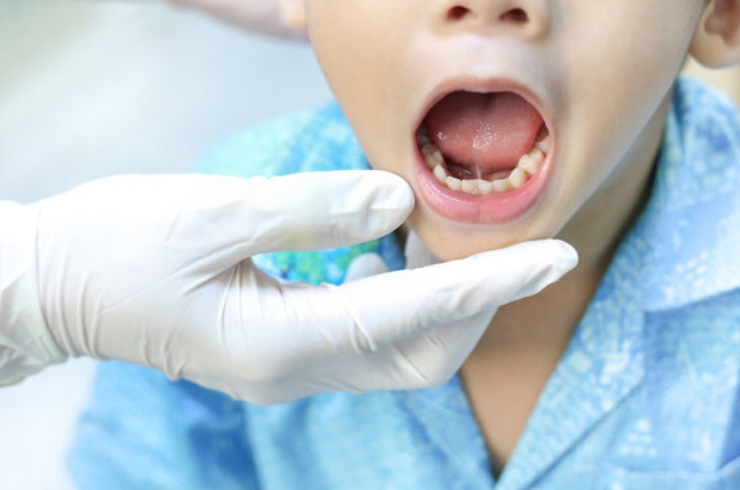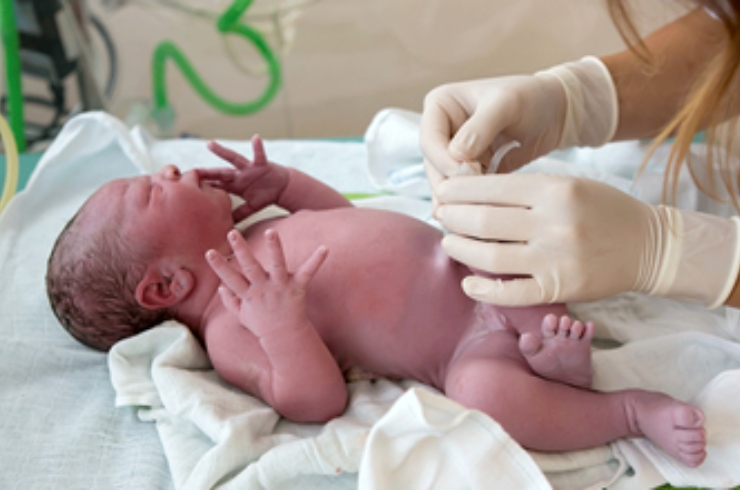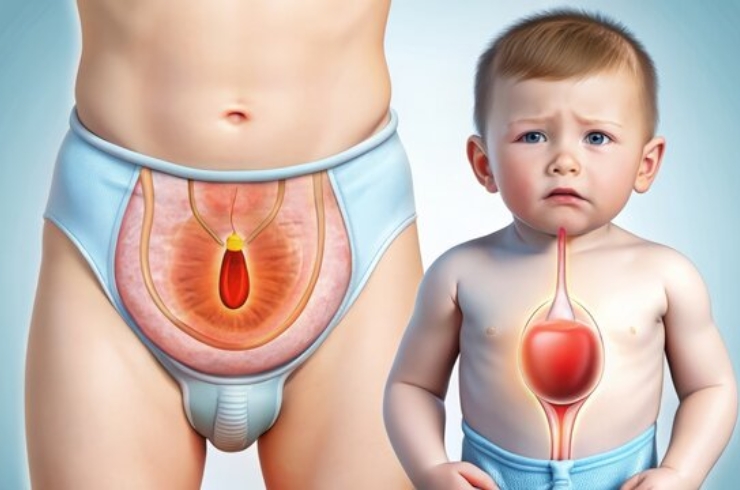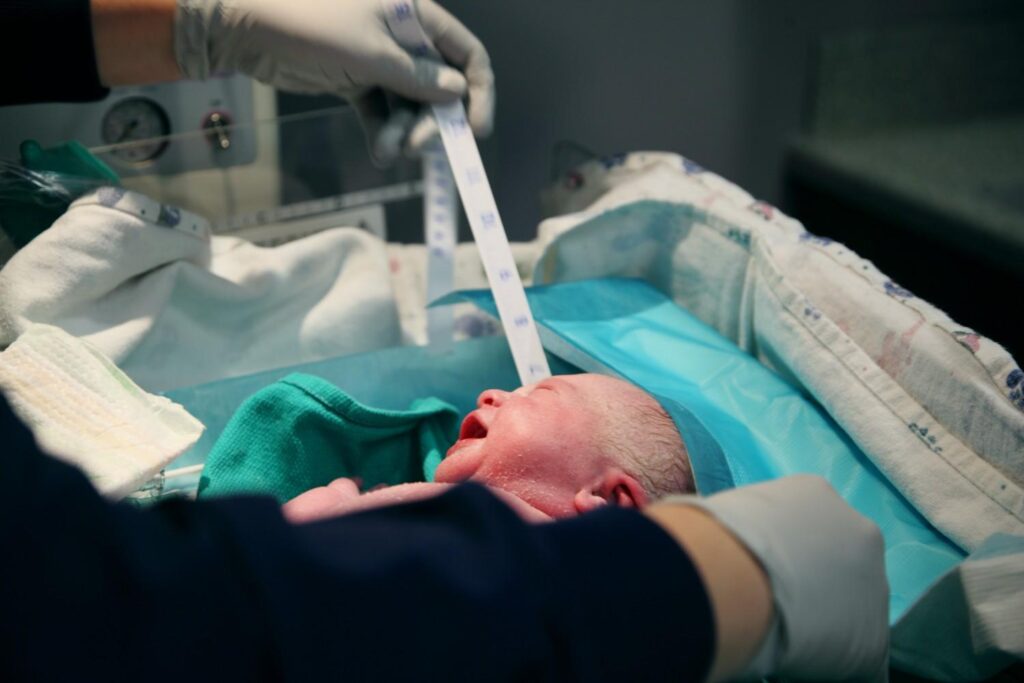Pediatric Surgical problems

Tongue Tie
Tongue tie, or ankyloglossia, is a condition where the tongue’s movement is restricted due to a short frenulum. Surgical treatment by specialists improves speech, feeding, and oral function.

Phimosis
Phimosis is treated surgically when the foreskin cannot be retracted. Pediatric surgeons perform circumcision or preputioplasty safely, restoring hygiene, comfort, and preventing recurrent infections.

Undescended Testis
Undescended testis requires timely surgical correction (orchidopexy) by pediatric surgeons to prevent infertility and testicular cancer risk. It’s a safe, daycare procedure with excellent outcomes.

Hernia
Hernia is a condition where an internal organ or tissue pushes through a weak spot in the surrounding muscle or tissue wall, often seen in the abdomen. Surgery is the common treatment.

Appendicitis in Children
Acute appendicitis in children needs urgent surgery to prevent rupture. Pediatric surgeons use laparoscopic techniques for precise, effective treatment and speedy recovery.

Recurrent Urinary Infections
Recurrent UTIs in children may need surgical correction of structural issues. Pediatric urologists diagnose and treat underlying causes for long-term relief and kidney protection.

Hydrocele
Hydrocele is a painless swelling in the scrotum caused by fluid buildup around the testicle. It is common in newborns and adults, and usually requires minor surgical treatment.

Surgery for birth-defects in Neonates
Surgery for birth defects in neonates involves timely intervention to correct congenital abnormalities, ensuring improved survival, function, and quality of life. Early diagnosis enables precise surgical planning and care.